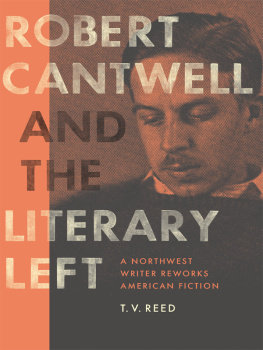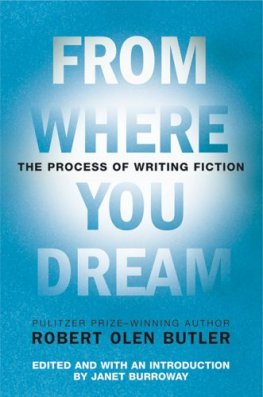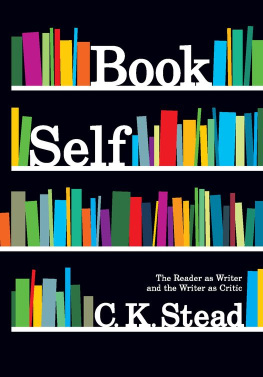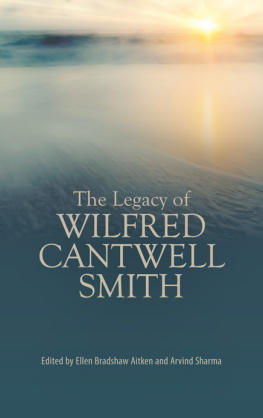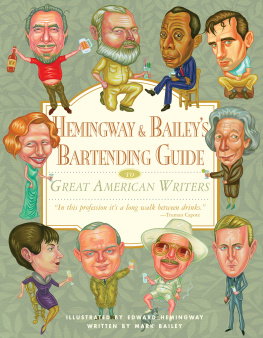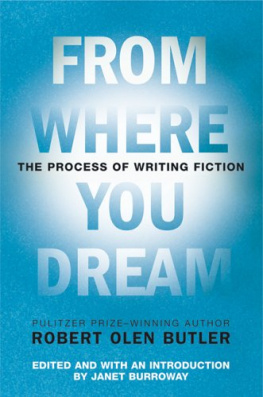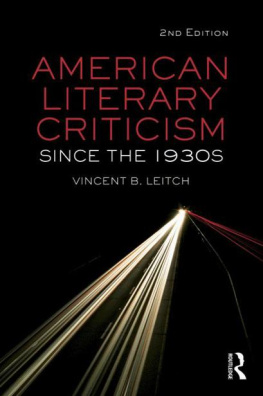T. V. Reed - Robert Cantwell and the Literary Left: A Northwest Writer Reworks American Fiction
Here you can read online T. V. Reed - Robert Cantwell and the Literary Left: A Northwest Writer Reworks American Fiction full text of the book (entire story) in english for free. Download pdf and epub, get meaning, cover and reviews about this ebook. City: Seattle, year: 2014, publisher: University of Washington Press, genre: Art. Description of the work, (preface) as well as reviews are available. Best literature library LitArk.com created for fans of good reading and offers a wide selection of genres:
Romance novel
Science fiction
Adventure
Detective
Science
History
Home and family
Prose
Art
Politics
Computer
Non-fiction
Religion
Business
Children
Humor
Choose a favorite category and find really read worthwhile books. Enjoy immersion in the world of imagination, feel the emotions of the characters or learn something new for yourself, make an fascinating discovery.
Robert Cantwell and the Literary Left: A Northwest Writer Reworks American Fiction: summary, description and annotation
We offer to read an annotation, description, summary or preface (depends on what the author of the book "Robert Cantwell and the Literary Left: A Northwest Writer Reworks American Fiction" wrote himself). If you haven't found the necessary information about the book — write in the comments, we will try to find it.
Robert Cantwell and the Literary Left is the first full critical study of novelist and critic Robert Cantwell, a Northwest-born writer with a strong sense of social justice who found himself at the center of the radical literary and cultural politics of 1930s New York. Regarded by F. Scott Fitzgerald and Ernest Hemingway as one of the finest young fiction writers to emerge from this era, Cantwell is best known for his superb novel, The Land of Plenty, set in western Washington. His literary legacy, however, was largely lost during the Red Scare of the McCarthy era, when he retreated to conservatism.
Through meticulous research, an engaging writing style, and a deep commitment to the history of American social movements, T. V. Reed uncovers the story of a writer who brought his Pacific Northwest brand of justice to bear on the project of reworking American literature to include ordinary working people in its narratives. In tracing the flourishing of the American literary Left as it unfolded in New York, Reed reveals a rich progressive culture that can inform our own time.
T. V. Reed: author's other books
Who wrote Robert Cantwell and the Literary Left: A Northwest Writer Reworks American Fiction? Find out the surname, the name of the author of the book and a list of all author's works by series.

